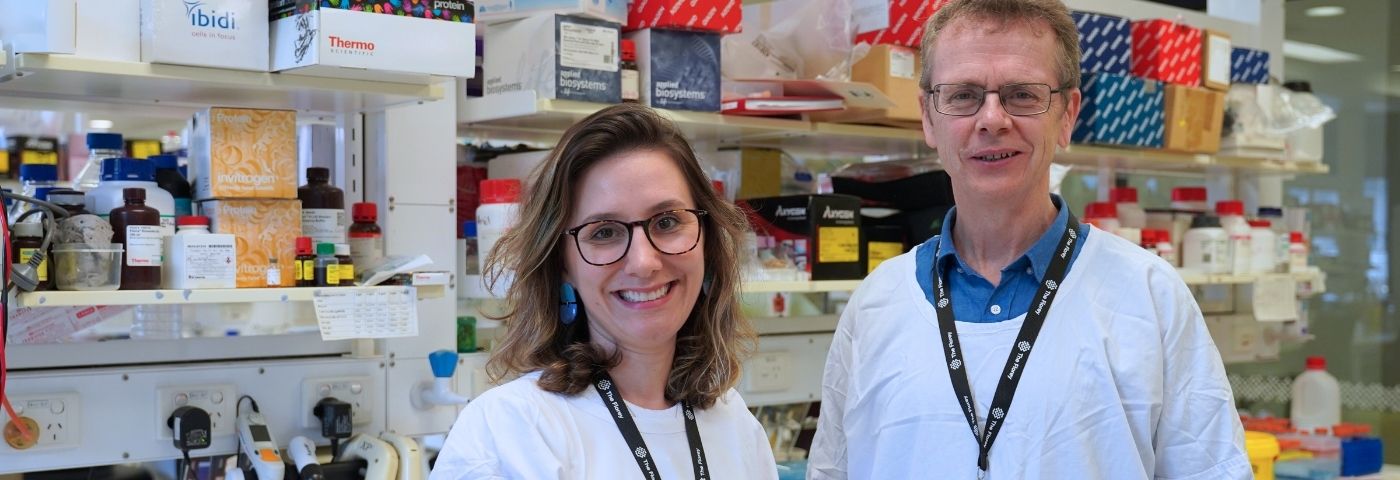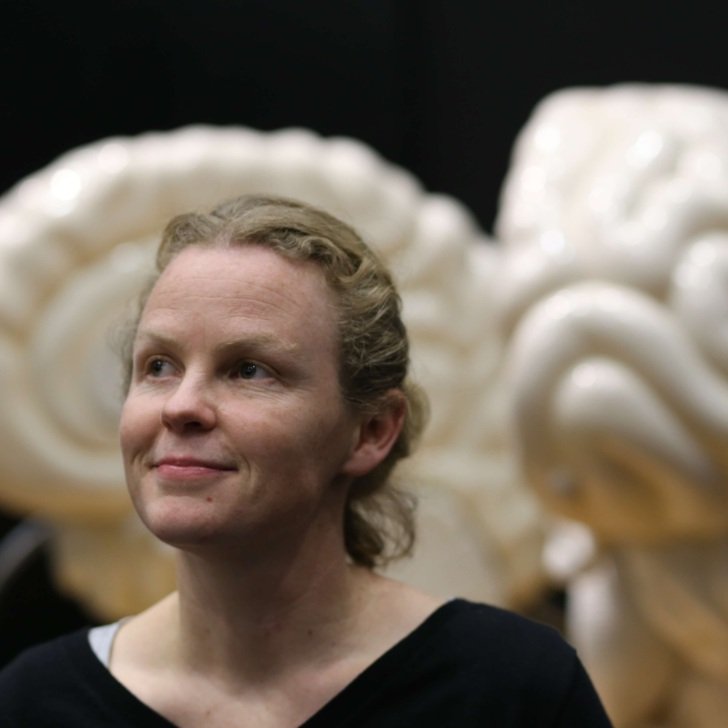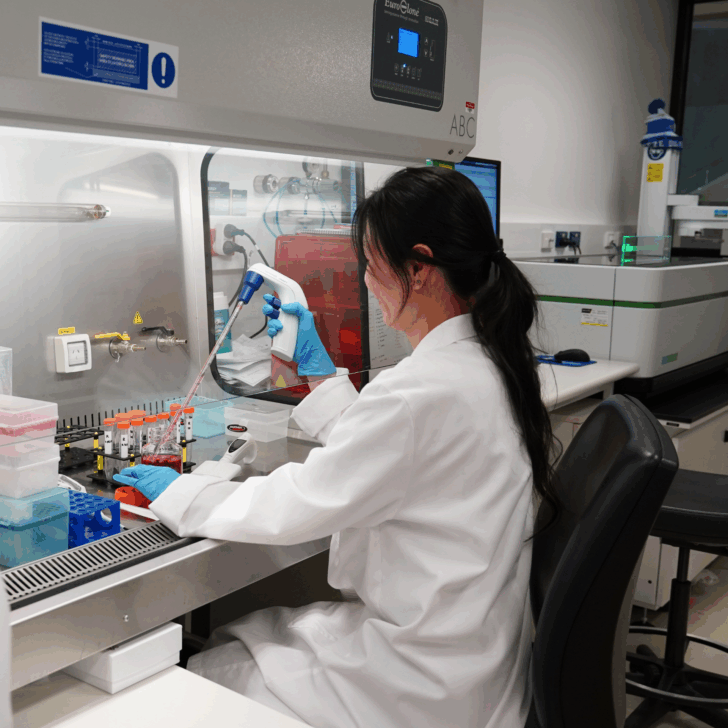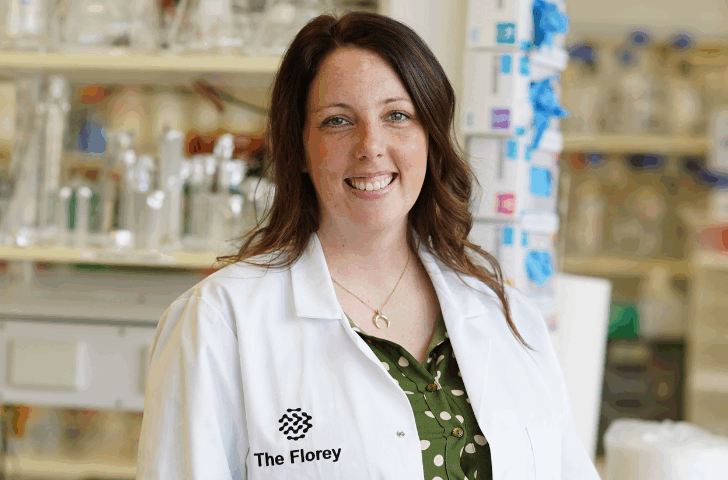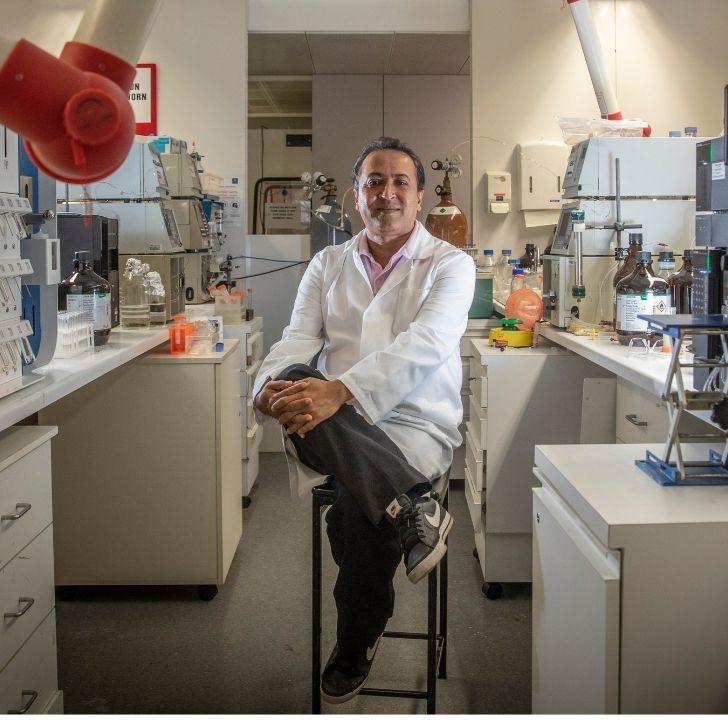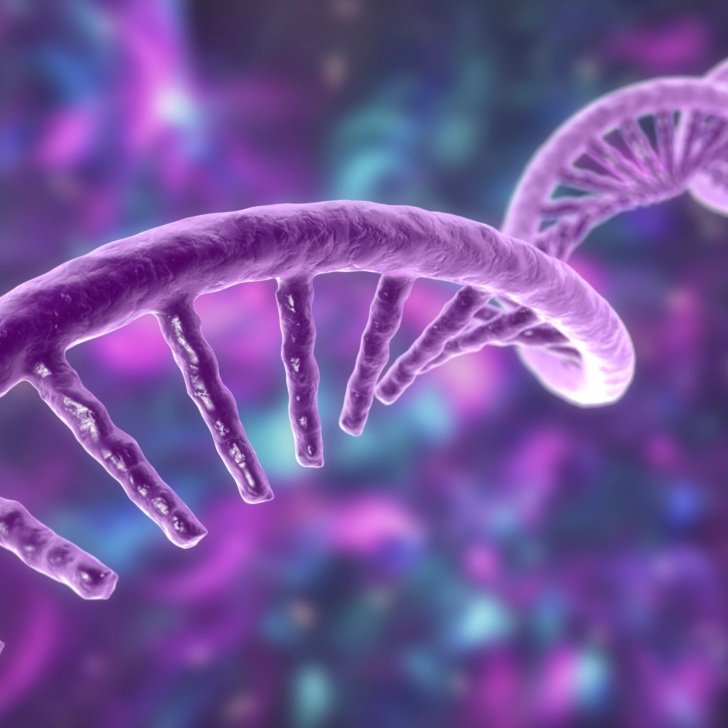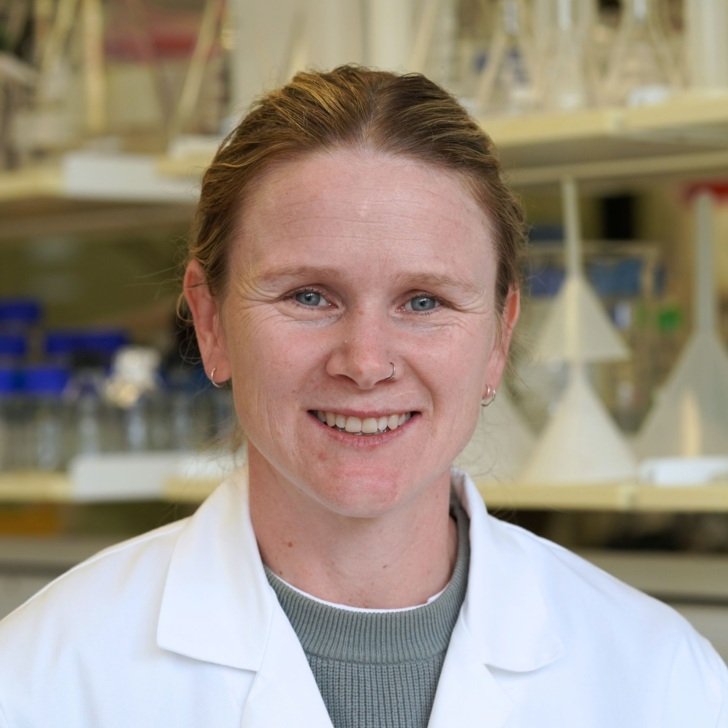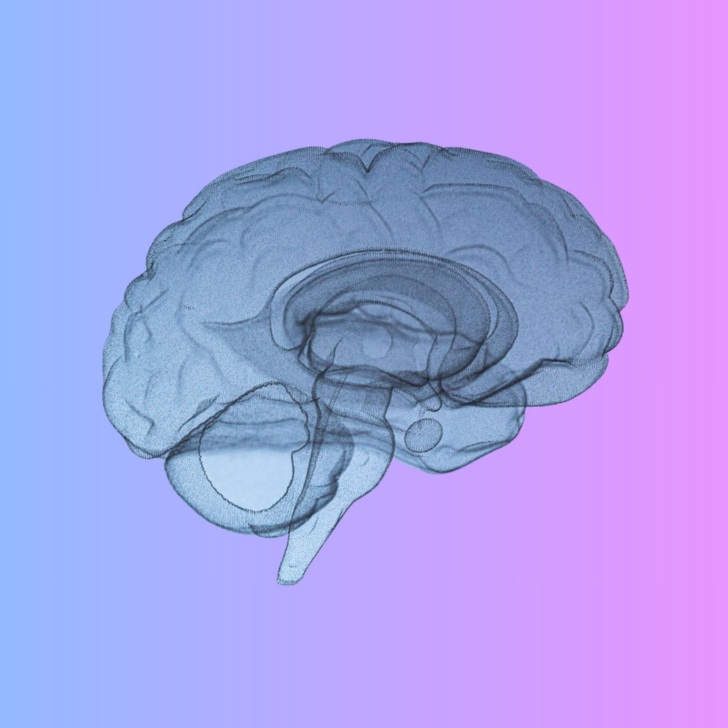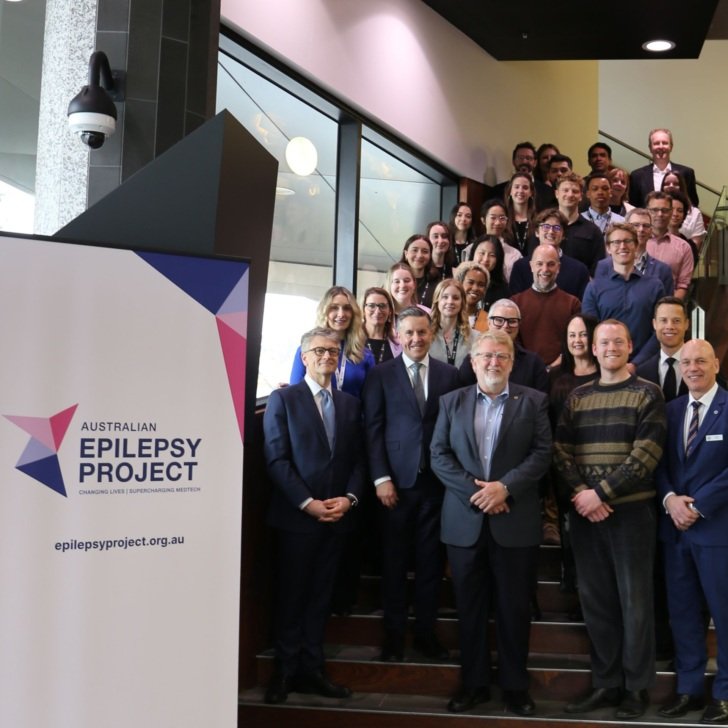- The mix of bacteria in the gut (microbiota) is affected by external influences such as diet, exercise and stress.
- Florey researchers have shown that a depleted gut microbiota causes changes in sperm leading to altered brain development in offspring.
- The research in mice has potential implications for those planning families, raising the possibility that the nutrition and health of men before fatherhood could impact on the future health of their children.
Gut health affects sperm
Florey researchers have shown, for the first time, that a father’s gut health plays a role in offspring physiology and behaviour.
Co-lead author and Research Lead of The Florey’s Mental Health Mission, Professor Anthony Hannan, said the findings in mice, as well as his lab’s previous work, have potential implications for men planning families, suggesting that their nutrition and health could affect their future children.
We’re used to hearing that women need to look after their physical health for the sake of their baby. Our discoveries in mice, and emerging findings in humans, suggest that it’s important that men do so too.
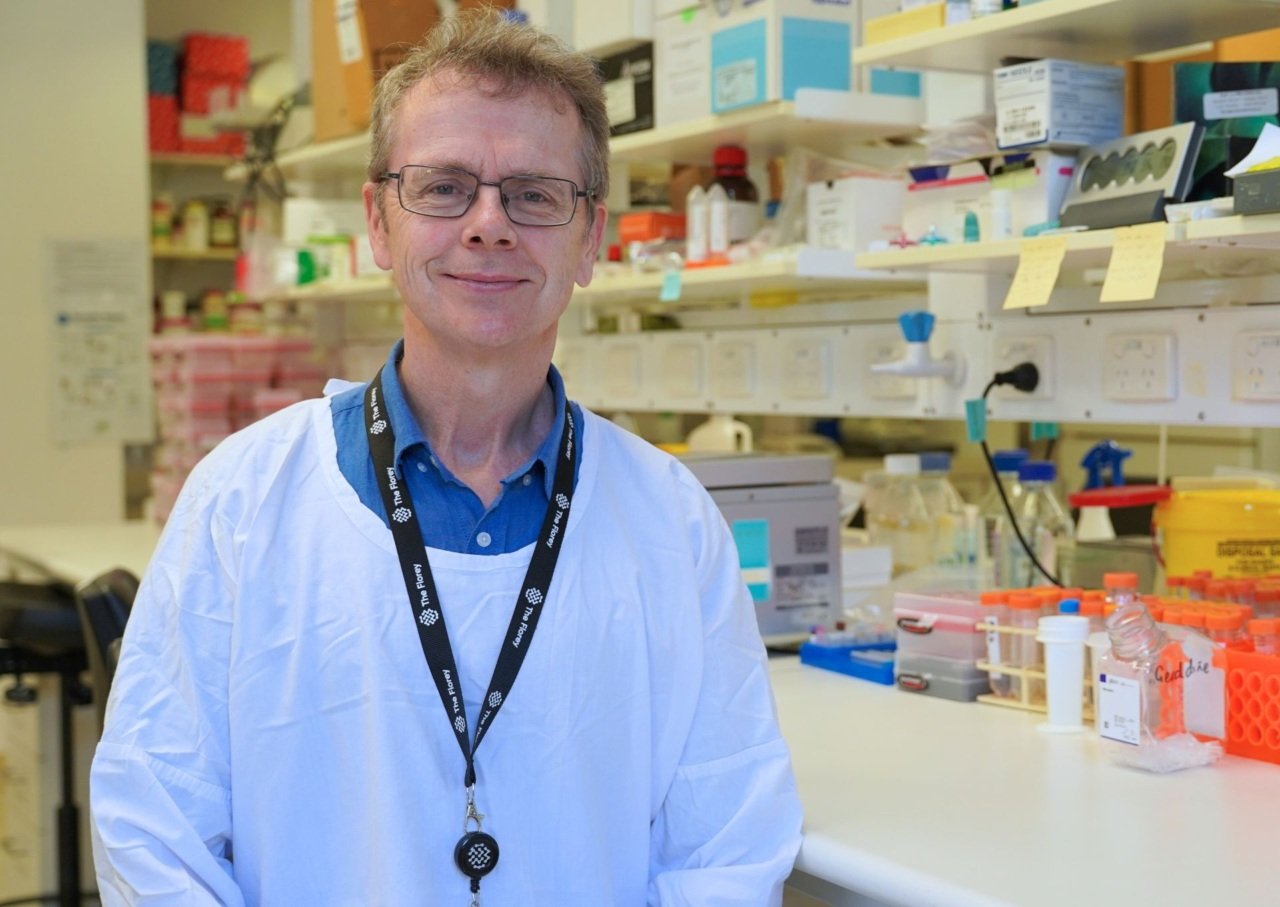
The latest research, published in Brain, Behavior, and Immunity, found the depletion of the gut microbiota of male mice was associated with changes in their sperm that significantly affected offspring.
“Male mice were given oral antibiotics to deplete their gut microbiota. We discovered that this resulted in epigenetic changes in sperm that could alter neurodevelopment and associated brain function in offspring,” Professor Hannan said.
Male and female offspring in the study had reduced body weight and their gut length was reduced. Female offspring also showed changes in anxiety and depressive-like behaviours.
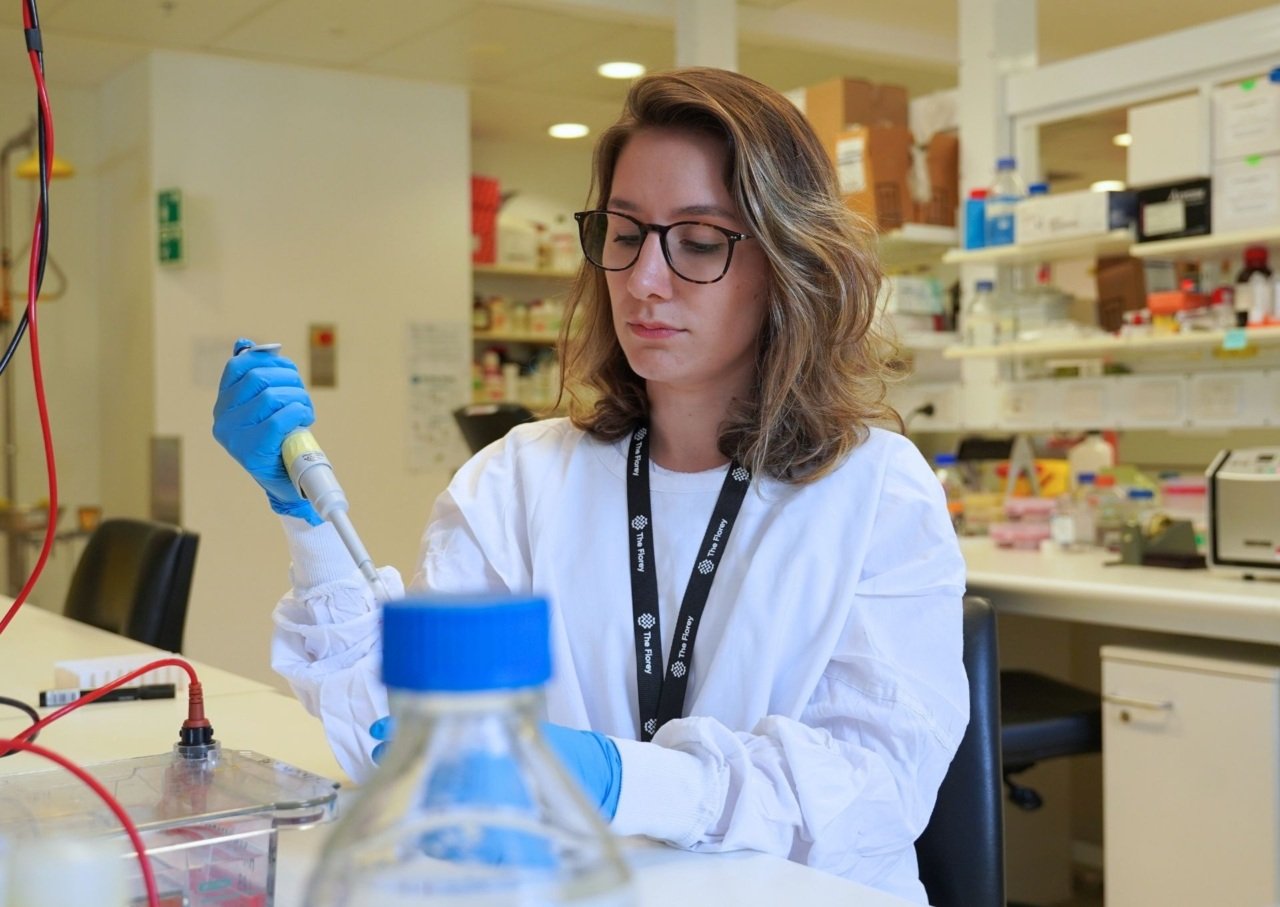
Co-lead author, Dr Carolina Gubert said that the composition of microbial populations in the gut in mice and humans can be affected by many environmental factors such as diet, exercise and stress.
In earlier studies at The Florey, Professor Hannan’s team showed that mouse offspring are affected by changes in their father’s sperm caused by bacterial infections and virus-like challenges, as well as diet, exercise and stress.
The study’s first author is PhD student Bethany Masson.
Human gut microbiota function is similar to mice, and we believe our findings may have broader implications for human health.
“Men’s health, diet and behaviour before conception may play an important role in the health of their children,” Bethany Masson said.
Bethany Masson, Carolina Gubert and Anthony Hannan’s research team are following up these discoveries at The Florey.
